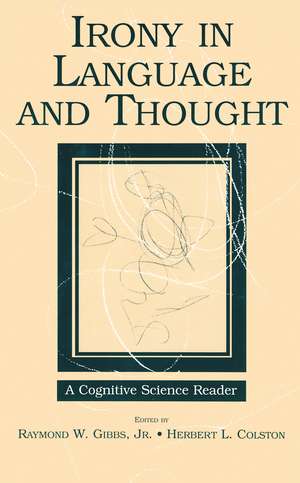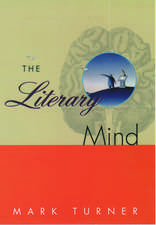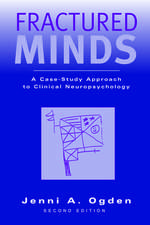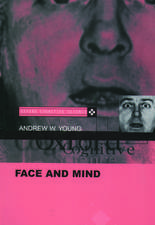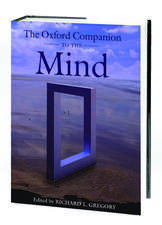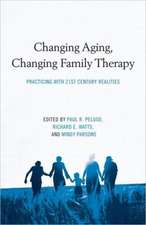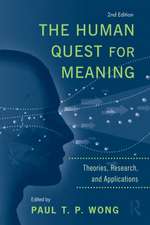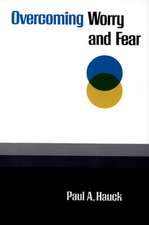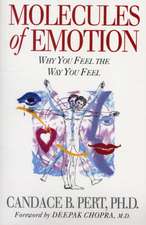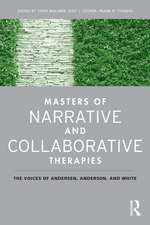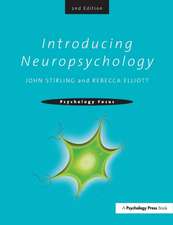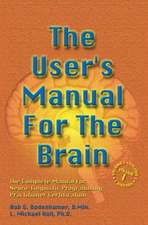Irony in Language and Thought: A Cognitive Science Reader
Editat de Raymond W. Gibbs Jr, Herbert L. Colstonen Limba Engleză Hardback – 30 mai 2007
Featured articles focus on the following topics:
- theories of irony, addressing primarily comprehension of its verbal form
- context in irony comprehension
- social functions of irony
- the development of irony understanding
- situational irony.
| Toate formatele și edițiile | Preț | Express |
|---|---|---|
| Paperback (1) | 518.41 lei 6-8 săpt. | |
| Taylor & Francis – 30 mai 2007 | 518.41 lei 6-8 săpt. | |
| Hardback (1) | 1018.43 lei 6-8 săpt. | |
| Taylor & Francis – 30 mai 2007 | 1018.43 lei 6-8 săpt. |
Preț: 1018.43 lei
Preț vechi: 1241.98 lei
-18% Nou
Puncte Express: 1528
Preț estimativ în valută:
194.87€ • 203.48$ • 160.92£
194.87€ • 203.48$ • 160.92£
Carte tipărită la comandă
Livrare economică 15-29 aprilie
Preluare comenzi: 021 569.72.76
Specificații
ISBN-13: 9780805860610
ISBN-10: 0805860614
Pagini: 624
Ilustrații: 20 b/w images and 73 tables
Dimensiuni: 152 x 229 x 33 mm
Greutate: 0.98 kg
Ediția:New.
Editura: Taylor & Francis
Colecția Routledge
Locul publicării:Oxford, United Kingdom
ISBN-10: 0805860614
Pagini: 624
Ilustrații: 20 b/w images and 73 tables
Dimensiuni: 152 x 229 x 33 mm
Greutate: 0.98 kg
Ediția:New.
Editura: Taylor & Francis
Colecția Routledge
Locul publicării:Oxford, United Kingdom
Public țintă
ProfessionalCuprins
Part I: Introduction. H.L. Colston, R.W. Gibbs, A Brief History of Irony. Part II: Theories of Irony. H. Clark, R. Gerrig, On the Pretense Theory of Irony. D. Wilson, D. Sperber, On Verbal Irony. S. Kumon-Nakamura, S. Glucksberg, M. Brown, How About Another Piece of Pie: The Allusional Pretense Theory of Discourse Irony. H.L. Colston, On Necessary Conditions for Verbal Irony Comprehension. S. Attardo, Irony as Relevant Inappropriateness. Part III: Context in Irony Comprehension. R.W. Gibbs, On the Psycholinguistics of Sarcasm. R. Giora, O. Fein, Irony: Context and Salience. S. McDonald, Neuropsychological Studies of Sarcasm. P. Pexman, T. Ferretti, A. Katz, Discourse Factors That Influence On-line Reading of Metaphor and Irony. J. Schwoebel, S. Dews, E. Winner, K. Srinivas, Obligatory Processing of Literal Meaning of Ironic Utterances: Further Evidence. C. Curco, Irony: Negation, Echo, and Metarepresentation. Part IV: The Social Functions of Irony. S. Dews, J. Kaplan, E. Winner, Why Not Say It Directly? The Social Functions of Irony. H.L. Colston, Salting a Wound or Sugaring a Pill: The Pragmatic Functions of Ironic Criticism. R.W. Gibbs, Irony in Talk Among Friends. L. Anolli, R. Ciceri, M. Infantino, From “Blame by Praise” to “Praise by Blame”: Analysis of Vocal Patterns in Ironic Communication. H. Kotthoff, Responding to Irony in Different Contexts: On Cognition in Communication. Part V: Development of Irony Understanding. M. Creusere, A Developmental Test of Theoretical Perspectives on the Understanding of Verbal Irony: Children’s Recognition of Allusion and Pragmatic Insincerity. J. Hancock, P. Dunham, K. Purdy, Children’s Comprehension of Critical and Complimentary Forms of Verbal Irony. M. Glenwright, P. Pexman, Children’s Perceptions of the Social Functions of Irony. Part VI: Situational Irony. J. Lucariello, Situational Irony: A Concept of Events Gone Awry. A. Utsumi, Verbal Irony as Implicit Display of Ironic Environment: Distinguishing Ironic Utterances From Nonirony. C. Shelley, The Bicoherence Theory of Situational Irony. Part VII: Conclusion. R.W. Gibbs, H.L. Colston, The Future of Irony Studies.
Recenzii
"One of the best qualities [of Irony in Language and Thought] is the thought-provoking comparison of different theories of irony and their experimental testing. This enables the readers to see the pros and cons of different theoretical frameworks. An excellent starting point for those studying indirect ways of communication." -Ksenia M. Shilikhina, Voronezh State University
Notă biografică
Raymond W. Gibbs Jr, Herbert L. Colston
Descriere
Irony in Language and Thought assembles an interdisciplinary collection of seminal empirical and theoretical papers on irony in language and thought into one comprehensive book.
